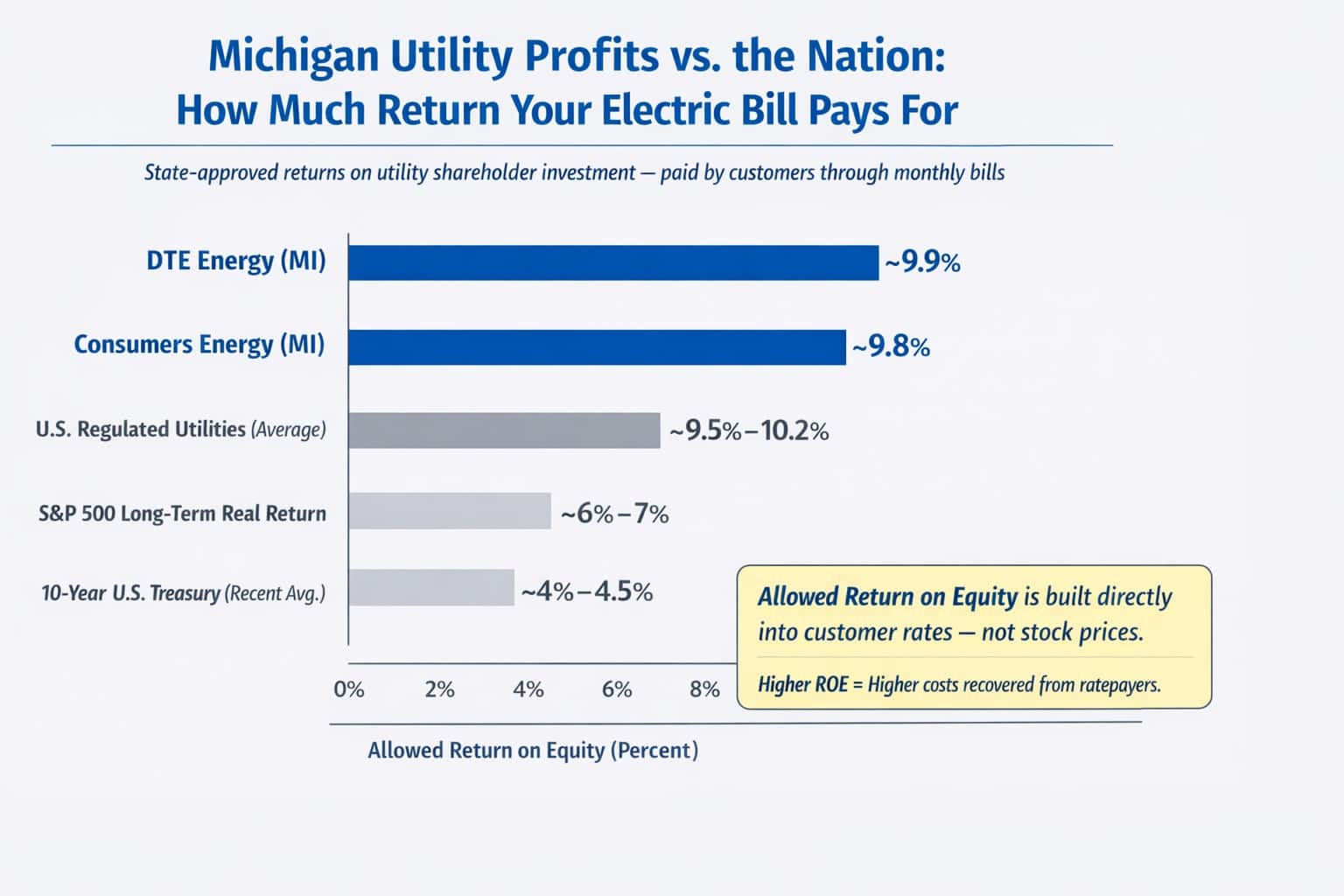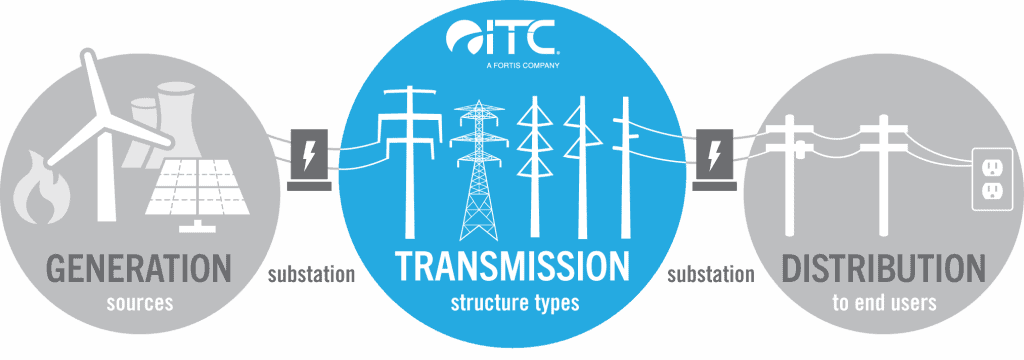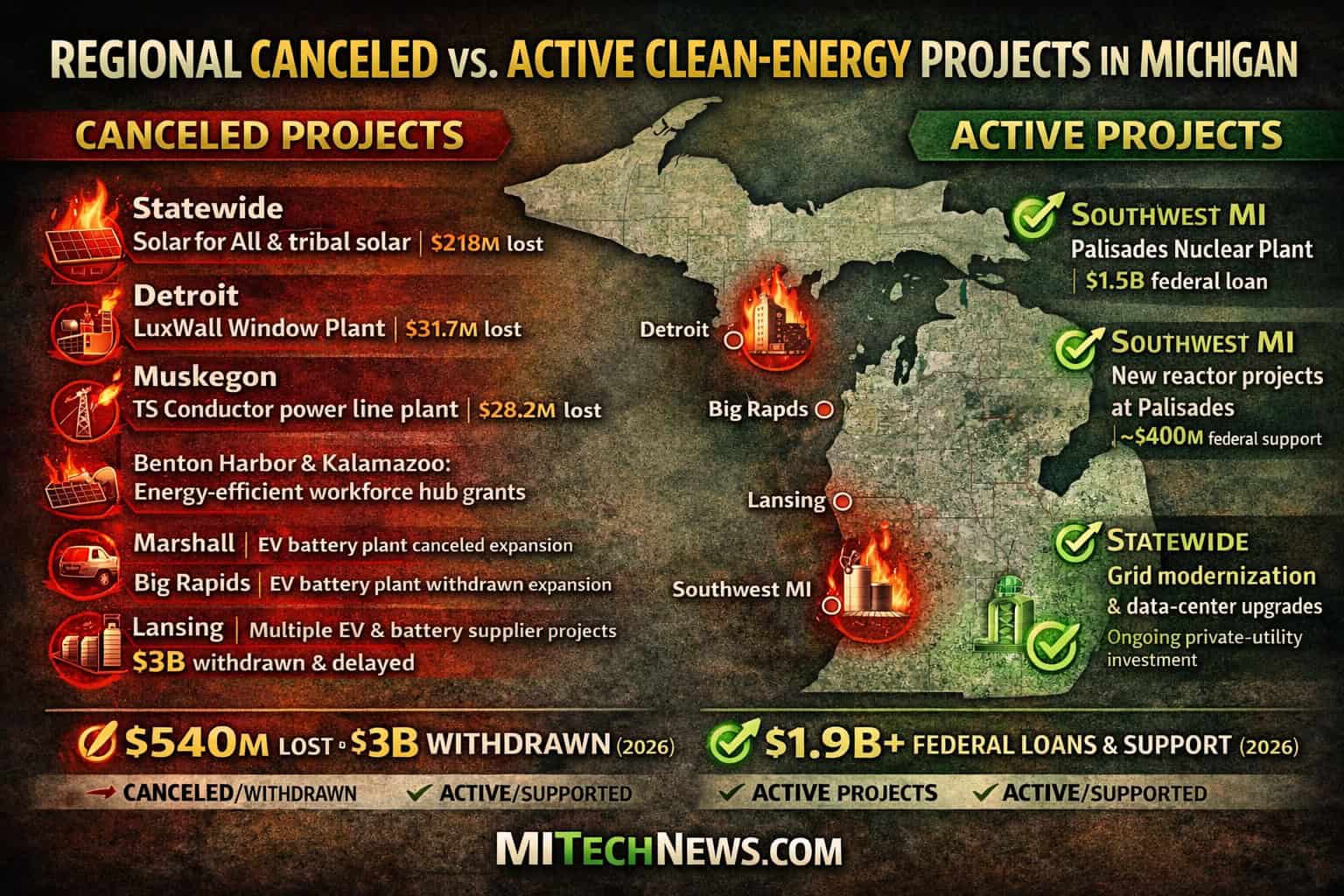LANSING – A package of bills unveiled Tuesday in the Senate would allow low-income families to seek assistance paying their heating bills before they receive a shut-off notice.
Under the bills (SB 1134 , SB 1135 ), families earning 115 percent of poverty or less would be eligible for assistance as soon as they get behind on a bill or when their fuel supply drops below 25 percent, sponsors told the Senate Energy and Technology Committee.
“We’re moving away from the idea that there has to be a shut-off notice to be an emergency,” Sen. Bruce Caswell (R-Hillsdale) said. Waiting that long, he said, means the state paying reconnection fees as well as helping residents bring their bills up to date.
Prior assistance programs also did not have provisions to help those who use deliverable fuels like oil and wood, Caswell said.
Unlike its predecessor program, which courts had ruled there was no longer legal authority to fund, the new program would be geared more to heating assistance.
“It will include services that allow individuals to become or move toward becoming energy self-sufficient,” Caswell said.
But 92 percent of the funds would have to be used for heating assistance unless the agency receiving the grant had permission to expand self-sufficiency programs to 10 percent of the funds.
The program also would only allow federal funds to be used for the self-sufficiency programs.
The package creates the Low-Income Energy Assistance Fund, and all of that money would have to be used for financial assistance.
The fund is capped at $60 million annually, and can be filled either with a state general fund contribution or with a fee on electric customers.
The fee would be applied per electric meter, though households and small farms would only be charged for one meter.
Greg Moore, legislative aide to Sen. Mike Nofs (R-Battle Creek), said the plan at this point keeps the fee below $1 per meter.
He said the fee was concentrated on electric meters despite some of the funds being used for other energy sources because that ensured that nearly every customer in the state was reached with the fee. An initial plan had been to split the fee between electric and natural gas meters, but Mr. Moore said the gas meter fee would miss those who use oil, propane or other delivered fuels.
The plan also spreads the fee across the state. The prior program collected assessments only from Consumers Energy and Detroit Edison customers.
Brian Rooney, Department of Human Services deputy director, did ask for one change in the proposal.
As introduced, the program would require that agencies participating move toward spending 70 percent of the money during the “crisis season”, which would be November 1 through May 31 in the Lower Peninsula and the entire year in the Upper Peninsula.
Rooney said having separate periods for the two regions would make administering the program more difficult and expensive for the department.
“I want to encourage you to give the department more discretion in extending out the period … but not bifurcate the state,” he said.
The program has become a part of the budget target talks between Governor Rick Snyder and legislative leaders.
This story was provided by Gongwer News Service. To subscribe, click on Gongwer.Com
a>>






